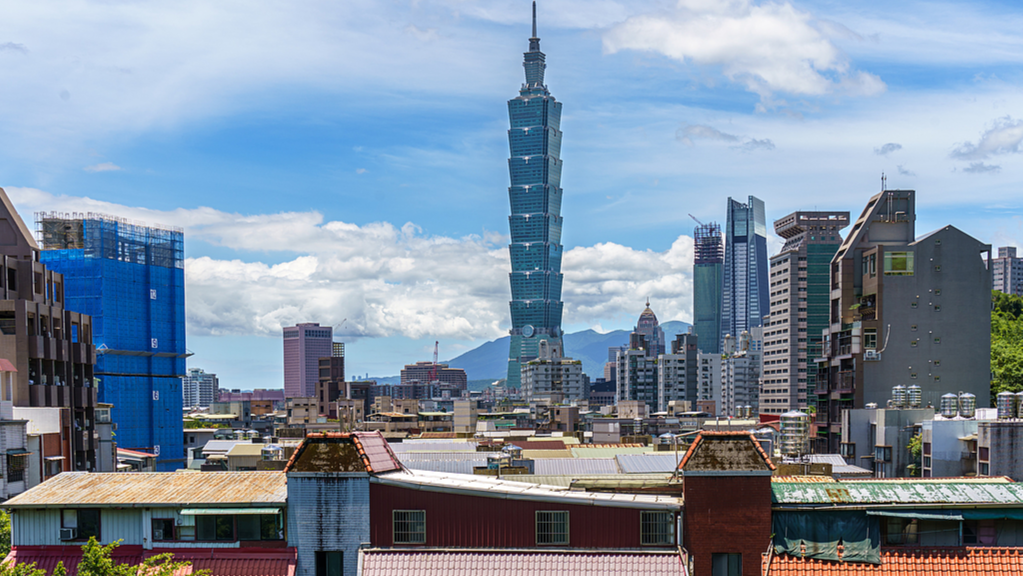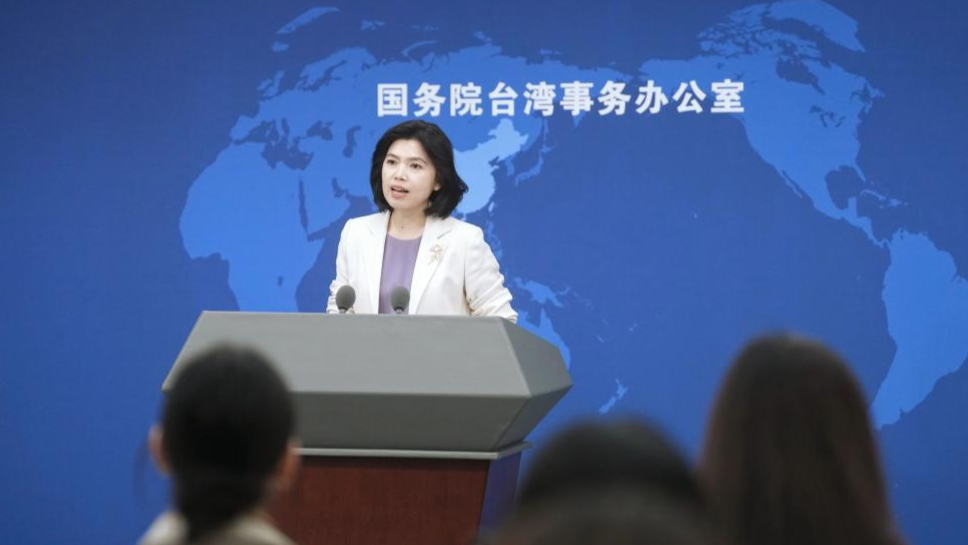
GUANGZHOU/BEIJING - The police in the southern Chinese city of Guangzhou put 20 suspects on a wanted list on Thursday, accusing them of participating in cyber attacks launched by an organization of Taiwan's Democratic Progressive Party authorities.
The police have offered a reward of 10,000 yuan ($1,390) for information leading to each suspect's arrest, according to a notice issued by the public security bureau of Guangzhou's Tianhe District.
The notice also provided details of cyber attacks carried out by Taiwan's "Information, Communications and Electronic Force Command (ICEFCOM)“.
The ICEFCOM commanded and conducted the illegal cyber attacks and is suspected of multiple criminal offenses, according to the police.
Separately, a research report jointly released by three cyber security entities led by the National Computer Virus Emergency Response Center exposed the history, organizational structure, personnel, workplaces, tasks and typical cyber attacks of the organization.
The ICEFCOM was set up with the support of the US military after Tsai Ing-wen came to power as Taiwan's leader. Its tasks include launching cyber attacks and infiltration operations against targets in the Chinese mainland, the Hong Kong and Macao special administrative regions to steal sensitive data and key information.
The organization was found to have worked with anti-China forces in the United States to conduct public opinion warfare and cognitive warfare, and secretly plot "color revolutions" in attempts to disturb social order, create ethnic tension, amplify social conflicts and obstruct national reunification.
Police investigations show that the organization posed as different hacker groups in recent years to initiate thousands of large-scale cyber attacks against the network systems of key institutions in key sectors in the mainland, the Hong Kong and Macao SARs, including those of defense industry, aviation, aerospace, energy, transportation, maritime affairs, and sci-tech research sectors. Both government departments and enterprises were targeted.
When they failed to infiltrate target systems or steal useful information, the hackers would maliciously cause damage to the target systems and disrupt the normal production and business operations of enterprises.
The ICEFCOM's cyber attacks have exposed substantial source information, presenting little challenges for tracing efforts, thereby facilitating the rapid identification of attackers, said technical experts.
READ MORE: One-China principle reiterated after Taiwan leader’s ‘merger’ analogy

Also on Thursday, the Chinese mainland announced bans on a Taiwan company related to Shen Pao-yang, also known as Puma Shen, who is a die-hard supporter of "Taiwan independence", from making deals or cooperating with organizations, businesses and individuals in the mainland.
Zhu Fenglian, a spokesperson for the Taiwan Affairs Office of the State Council, announced the punishment on Sicuens International Co Ltd., a company led by Shen's father, noting that the mainland will also take other necessary measures against the company.
According to Zhu, the company engages in trade and business cooperation with certain mainland enterprises in pursuit of economic benefits.
"The mainland side will never allow enterprises related to die-hard 'Taiwan independence' supporters to seek profits in the mainland," said the spokesperson.
In October last year, the office announced punishments on Shen and the Kuma Academy, an institution led by him.
The office said that Shen had been actively and systematically organizing activities promoting "Taiwan independence". He has also deliberately promoted "Taiwan independence" and "anti-China" ideologies, particularly targeting the young people in Taiwan.
READ MORE: Online platform receives over 3,000 ‘Taiwan independence’ activities reports
Meanwhile, the Kuma Academy has openly fostered violent "Taiwan independence" individuals under the guise of training and outdoor activities.


